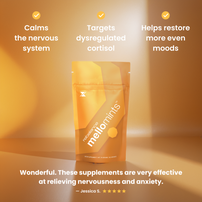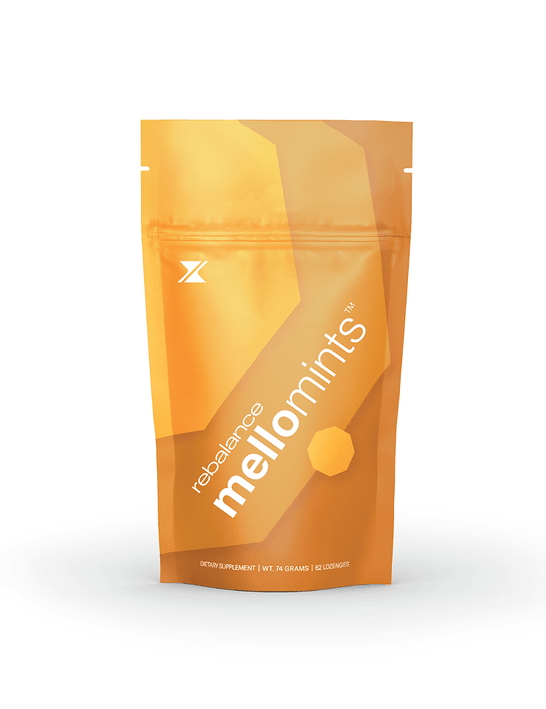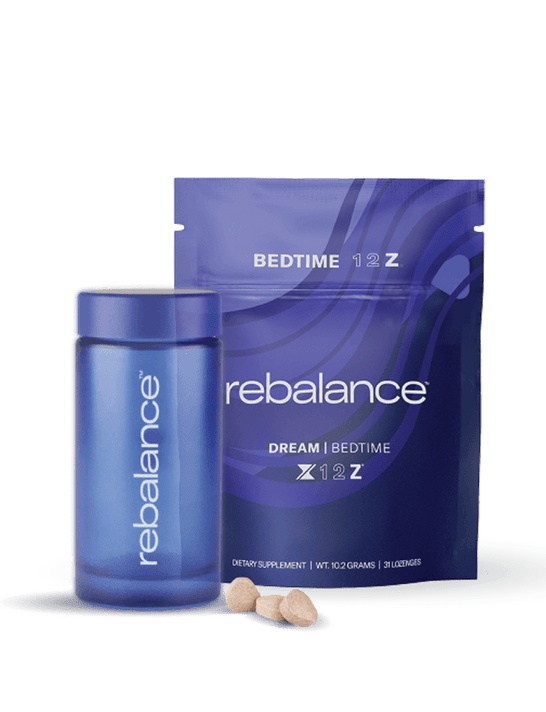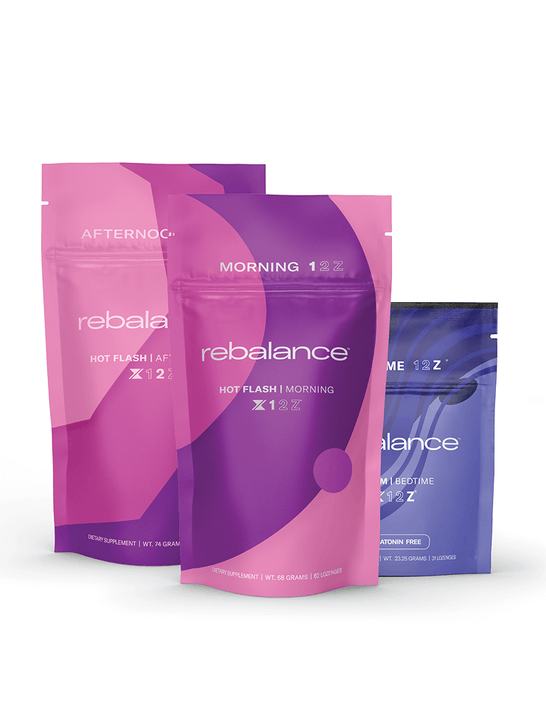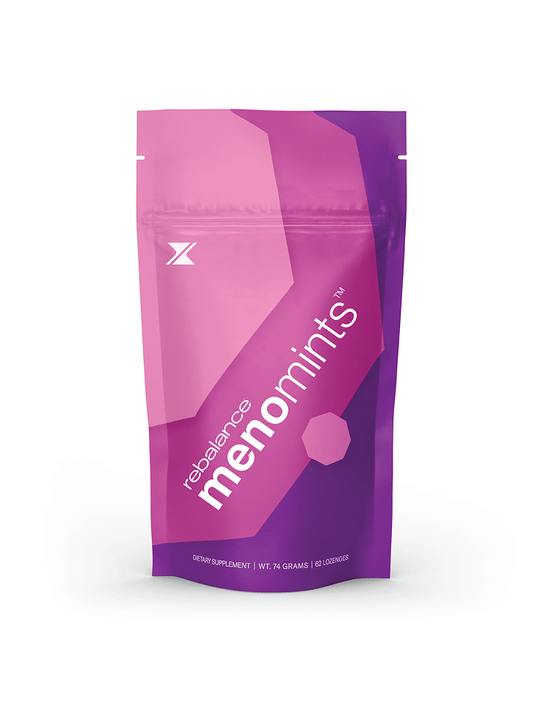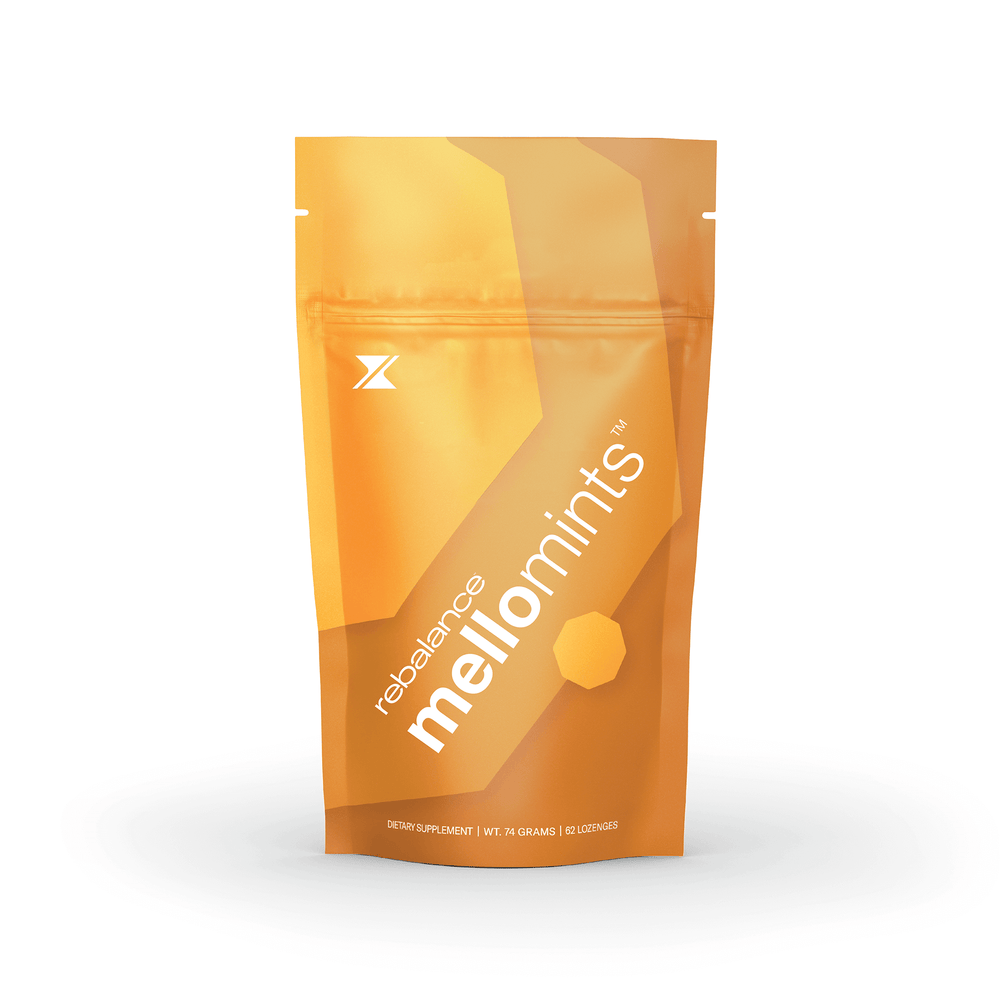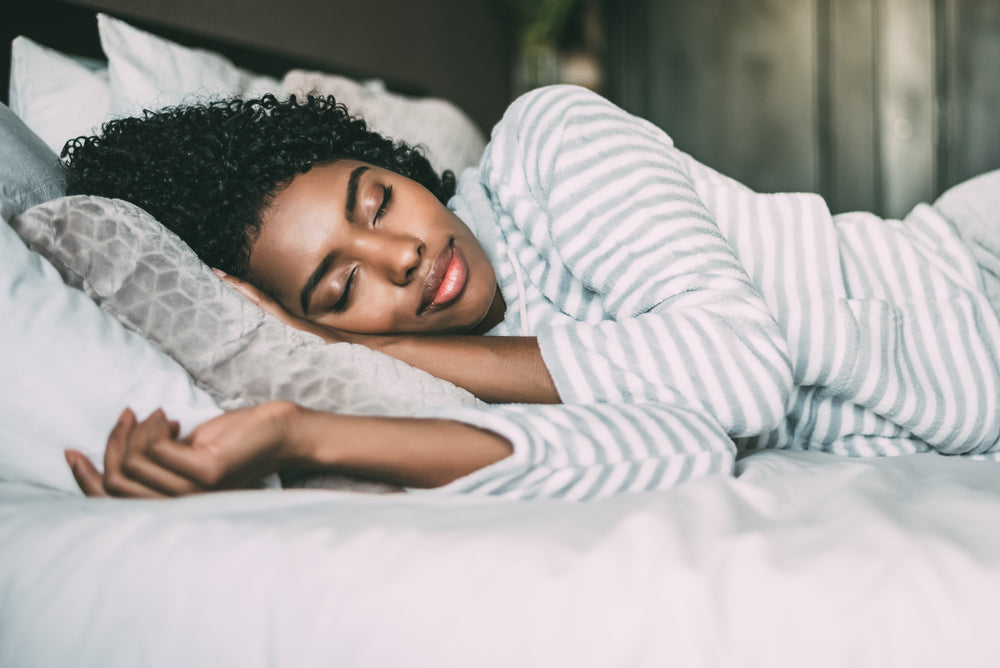The Magic of Sleep: How Your Body Makes Vital Hormones While You Snooze
07/11/2024 by Rebalance Health
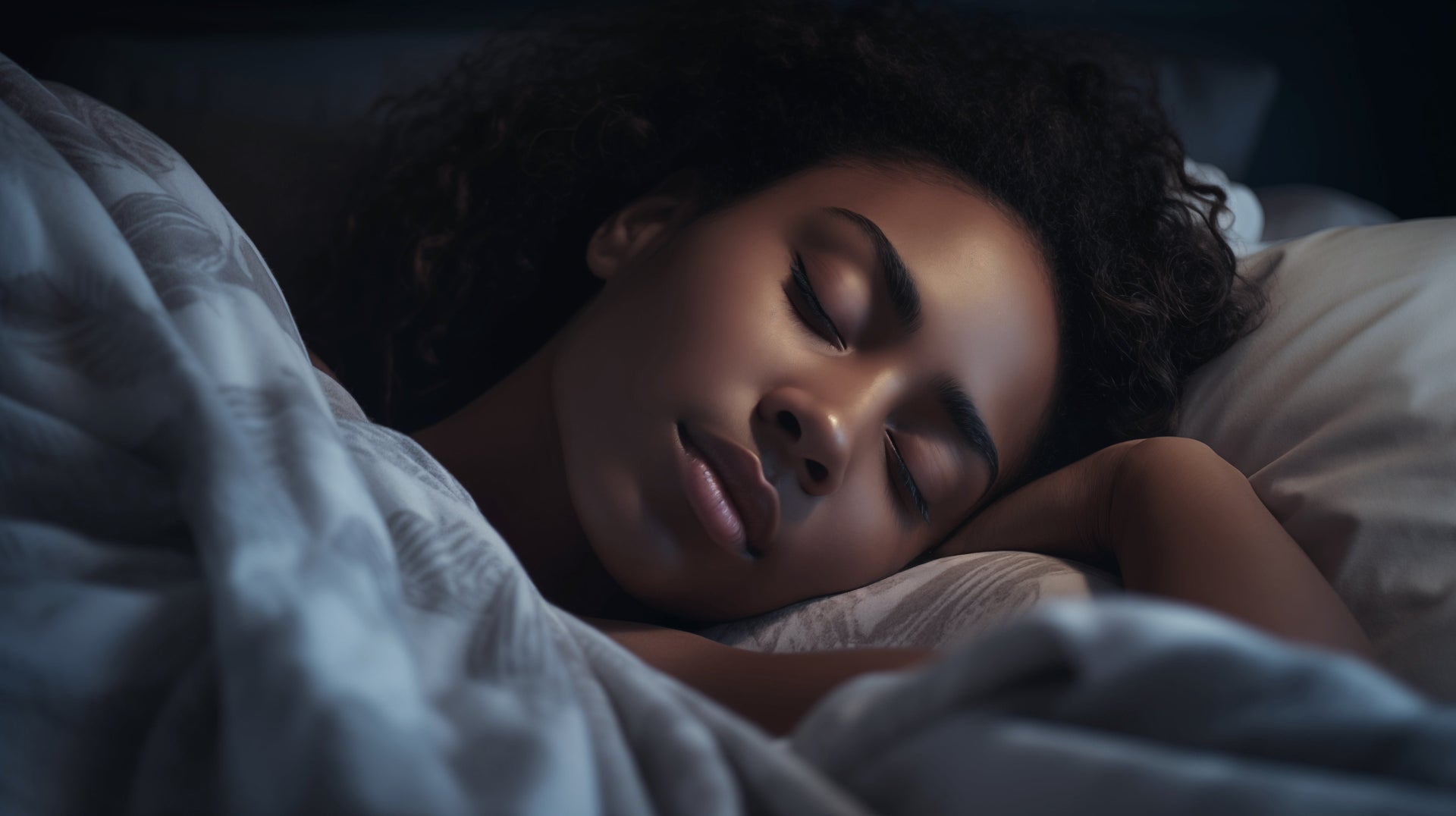
The Magic of Sleep: How Your Body Makes Vital Hormones While You Snooze
Ever curious about the science behind feeling incredible after a solid night's sleep? Let’s look behind the curtains and see what happens with your hormones while you’re sleeping.
Melatonin: Your Sleep DJ
Think of melatonin as the DJ spinning the chill-out tracks that get the party started. This “sleep hormone” is produced by the pineal gland when it gets dark outside. As evening rolls in and the lights dim, melatonin pumps up the volume, making you feel drowsy and ready to hit the sack. It’s like your body’s way of saying, “Hey, let’s wind down and relax.”
HGH aka Human Growth Hormone: The Night Shift Crew
Imagine your body as a bustling city, and the growth hormone is the dedicated night shift crew that comes out to clean up, repair, and build new structures. Secreted by the pituitary gland, growth hormone levels peak during deep sleep, particularly in the first few hours. This hormone is all about repair and regeneration—think of it as the construction crew fixing potholes and renovating buildings while you dream.
Cortisol: The Early Bird Barista
Cortisol is like that barista who’s up before dawn, getting ready to kickstart your day with a jolt of energy. Produced by the adrenal glands, cortisol levels are at their lowest during the night but start to rise in the early morning, peaking just before you wake up. This hormone gives you that get-up-and-go feeling, prepping you for the day ahead. It’s your body’s natural “rise and shine” call.
Leptin and Ghrelin: The Hunger Games Duo
Picture leptin and ghrelin as the ultimate tag team in the Hunger Games. Leptin, produced by fat cells, is the peacekeeper, signaling to your brain that you’re full and have enough energy. Meanwhile, ghrelin, made in the stomach, is the rebel leader, stirring up hunger. During sleep, leptin levels increase, and ghrelin levels decrease, helping you stay asleep without midnight snack attacks. It’s like a built-in appetite control system that keeps your energy balance in check.
Prolactin: The Immune System Bouncer
Prolactin is the burly bouncer at the club of your immune system. Rising during sleep, especially in the early morning hours, prolactin is produced by the pituitary gland and plays a key role in boosting your immune defenses. High prolactin levels during sleep help your body fend off infections and stay healthy. It is your nocturnal bodyguard, keeping the bad guys at bay.
Why Quality Sleep Matters
Distinct stages of sleep, particularly deep sleep and REM sleep are crucial for the production and regulation of these hormones. Disrupted sleep can throw these processes out of whack, leading to hormonal imbalances that affect your mood, metabolism, and overall health. Poor sleep can lower growth hormone levels, mess with cortisol rhythms, and skew leptin and ghrelin balance, leading to stress, weight gain, and fatigue.
Tips for Better Sleep and Hormonal Balance
Stick to a Sleep Schedule: Go to bed and wake up at the same time every day, even on weekends. Consistency is key!
Create a Relaxing Bedtime Routine: Wind down with calming activities like reading or a warm bath. Make your pre-sleep ritual something you look forward to.
Limit Exposure to Blue Light: Avoid screens at least an hour before bedtime. Blue light from devices can mess with melatonin production.
Stay Active: Regular exercise can help regulate your sleep patterns and improve sleep quality. Just try not to work out too close to bedtime.
Understanding how sleep affects hormone production underscores the importance of good sleep hygiene. By ensuring regular, high-quality sleep, you support the optimal production of hormones like melatonin, growth hormone, cortisol, leptin, and prolactin—all of which are vital for your health and well-being. So next time you hit the sack, remember: your body’s not just resting, it’s recharging and repairing.
Sweet dreams and happy hormone balancing!
Overview

Stay Calm. Sleep Deep. Wake Clear.
A lozenge that supports deep sleep, better REM, and calmer nights. Without melatonin — unless you want it.



